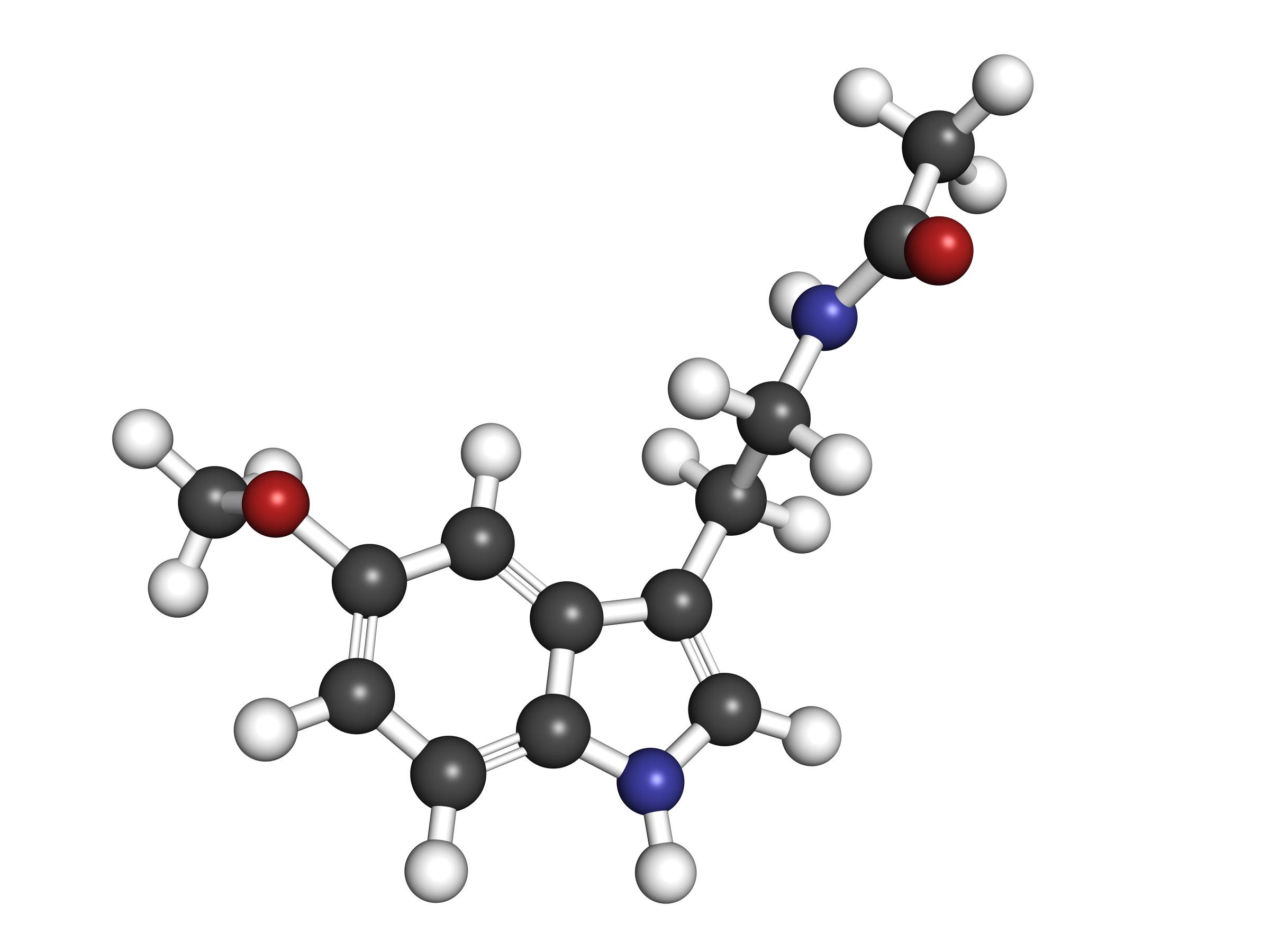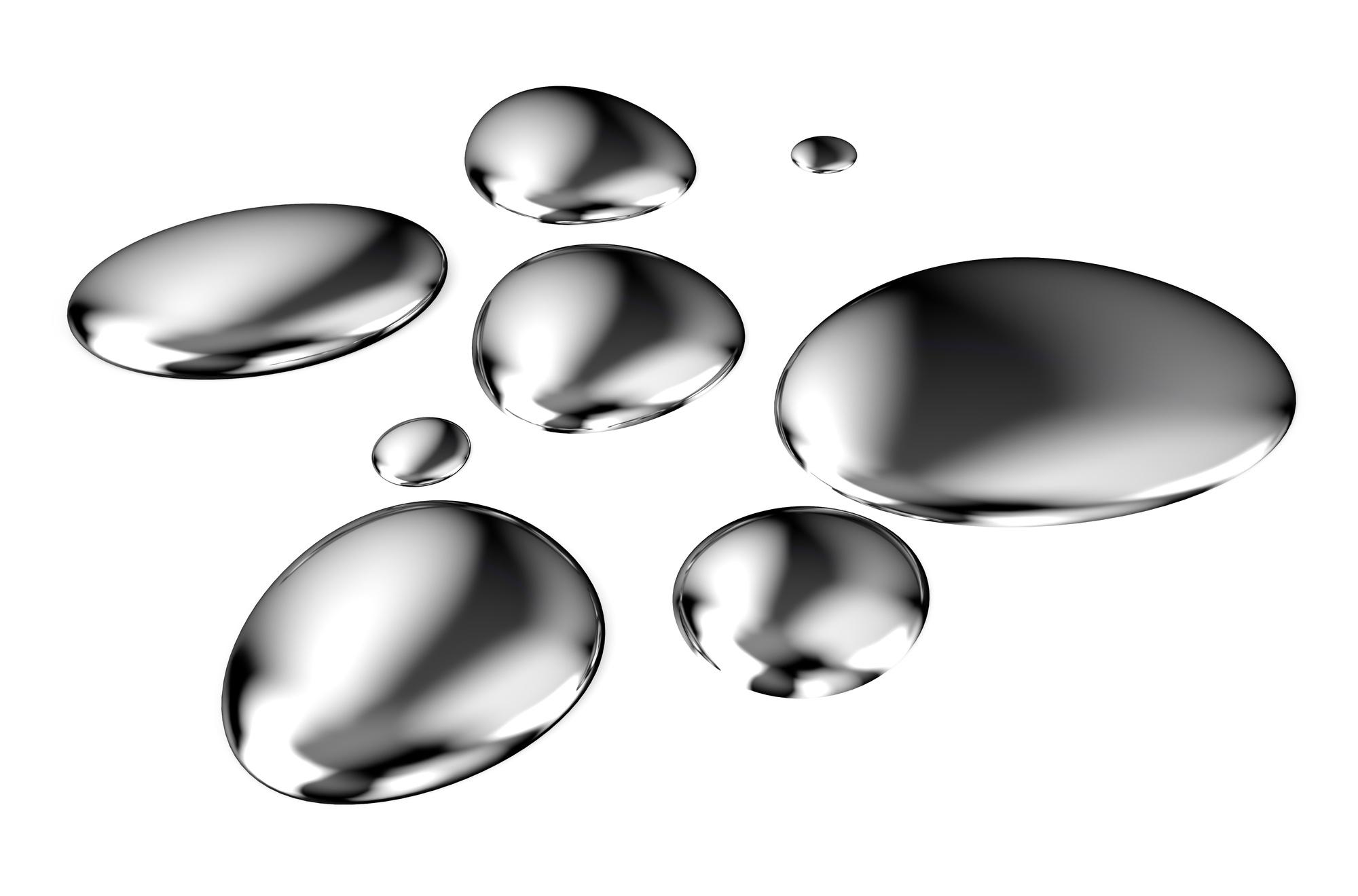How Heavy Metals Impact Hormones
 WendyMyers
WendyMyers

 WendyMyers
WendyMyers

Signs you have been exposed to environmental contaminants
How do we get metals into our body?
How environmental contaminants like heavy metals may affect hormones
Four metals that cause low hormones and hormone imbalance
Heavy metals testing methods
Founded MyersDetox.co
Environmental contaminants
like heavy metals may be affecting your health!
How detox helped me protect my health, as well as maintain a clean and healthy lifestyle.


Normal Sex
Hormone Levels

A Healthy Stress Response

Healthy Thyroid Hormone Levels

Optimal Energy

Clear Thinking


AIR
PERSONAL CARE PRODUCTS
FOOD
INDUSTRIAL MANUFACTURING
WATER
SUPPLEMENTS

But many more!!

Accumulate in glands where hormones are made
Directly increase estrogen levels
Interfere in the delicate hormone feedback loop
Block hormone receptor sites

Poison enzymes that create hormones
Poison enzymes that convert hormones to other forms


Found in amalgam fillings, air (from coal burning and industrial manufacturing),
water, fish, shellfish, medications
Lowers thyroid hormones
Lowers progesterone
Increases and mimics estrogen

Found in cigarette smoke, water, fertilizers, air pollution, fish, coffee, plastics, and industry
Blocks estrogen receptors
Lowers testosterone
Lowers progesterone
Lowers prolactin
Deposits in pituitary gland, so interrupts hormone signaling to thyroid, adrenals, and ovaries

Found in soil/food, air, old paint, water, leaded
gasoline
20% baby food samples tested have lead
14% of food samples tested have lead
Lowers estrogen
Lowers progesterone
Lowers prolactin
Lowers testosterone

Found in conventional chickens and eggs, rice, water, air, pesticides
Poisons enzymes that remove fat from fat cells
Damages insulin cells
Negatively affects glucocorticoid receptorsregulate stress, blood glucose levels, blood vessel function, and lung and skin development

NO PERFECT HEAVY METALS TEST
HAIR MINERAL ANALYSIS
BLOOD IS NOT ACCURATE EVERYONE HAS HEAVY METALS REGARDLESS OF TEST RESULTS
TEST, DON'T GUESS
EVERY METAL HAS SPECIFIC SUPPLEMENTS THAT REMOVE THEM
Mineralize the body
Support your body's natural ability to mobilize toxins
Try Coffee Enemas
Use a binder to help ensure that they are flushed out normally.
Use Infrared Saunas
It's time to get to the root cause of your symptoms.
If you have tried...




But still want greater support keeping your body free of heavy metals so that you can enjoy normal sex hormone levels, a healthy stress response, healthy thyroid hormone levels, optimal energy
Clear thinking, healthy weight maintenance, normal mood regulation, and more...






Singh, Reena, et al. "Heavy metals and living systems: An overview." Indian journal of pharmacology 43.3 (2011): 246.
Zang, Yu, Shelly Odwin-DaCosta, and James D. Yager. "Effects of cadmium on estrogen receptor mediated signaling and estrogen induced DNA synthesis in T47D human breast cancer cells." Toxicology letters 184.2 (2009): 134-138.
Tsang, Sophia, and A. Furst. "In vitro inhibition of aryl hydrocarbon hydroxylase by heavy metals." Oncology 33.5-6 (1976): 201-204.
Chen, Aimin, et al. "Thyroid hormones in relation to lead, mercury, and cadmium exposure in the National Health and Nutrition Examination Survey, 2007–2008." Environmental health perspectives 121.2 (2013): 181-186.
Pollack, Anna Z., et al. "Cadmium, lead, and mercury in relation to reproductive hormones and anovulation in premenopausal women." Environmental health perspectives 119.8 (2011): 1156-1161.
Bjørklund, Geir, et al. "Mercury exposure and its effects on fertility and pregnancy outcome." Basic & Clinical Pharmacology & Toxicology 125.4 (2019): 317-327.
Aquino, Natalie B., et al. "The role of cadmium and nickel in estrogen receptor signaling and breast cancer: metalloestrogens or not?." Journal of Environmental Science and Health, Part C 30.3 (2012): 189-224
Waalkes, Michael P., Sabine Rehm, and Debbie E. Devor. "The effects of continuous testosterone exposure on spontaneous and cadmium-induced tumors in the male
Fischer (F344/NCr) rat: loss of testicular response." Toxicology and applied pharmacology 142.1 (1997): 40-46.
Chen, Chi, et al. "Blood cadmium level associates with lower testosterone and sex hormone-binding globulin in Chinese men: from SPECT-China study, 2014." Biological trace element research 171.1 (2016): 71-78.
Zhang, Wenchang, and Haimei Jia. "Effect and mechanism of cadmium on the progesterone synthesis of ovaries." Toxicology 239.3 (2007): 204-212.
Winstel, Carol, and Phyllis Callahan. "Cadmium exposure inhibits the prolactin secretory response to thyrotrophin releasing hormone (TRH) in vitro." Toxicology 74.1 (1992): 9-17.
https://www.hopkinsmedicine.org/health/conditions-and-diseases/overactive-adrenal-glands--cushings-syndrome
Pérez-Cadahía, Beatriz, et al. "Relationship between blood concentrations of heavy metals and cytogenetic and endocrine parameters among subjects involved in cleaning coastal areas affected by the ‘Prestige’tanker oil spill." Chemosphere 71.3 (2008): 447-455.
Tchernitchin, Nina N., et al. "Effect of chronic exposure to lead on estrogen action in the prepubertal rat uterus." Environmental Toxicology: An International Journal 18.4 (2003): 268-277.
[Chen, Chi, et al. "Associations of blood lead levels with reproductive hormone levels in men and postmenopausal women: Results from the SPECT-China Study." Scientific reports 6 (2016): 37809.
Aminian, Omid, et al. "Relationship between blood lead level and male reproductive hormones in male lead exposed workers of a battery factory: A cross-sectional study." Iranian Journal of Reproductive Medicine 11.8 (2013): 673.
Takser, Larissa, Donna Mergler, and Julie Lafond. "Very low level environmental exposure to lead and prolactin levels during pregnancy." Neurotoxicology and teratology 27.3 (2005): 505-508.
Peng, Qing, Siobán D. Harlow, and Sung Kyun Park. "Urinary arsenic and insulin resistance in US adolescents." International journal of hygiene and environmental health 218.4 (2015): 407-413.
https://www.sciencedaily.com/releases/2018/01/180110163347.htm
Kaltreider, Ronald C., et al. "Arsenic alters the function of the glucocorticoid receptor as a transcription factor." Environmental health perspectives 109.3 (2001): 245251.